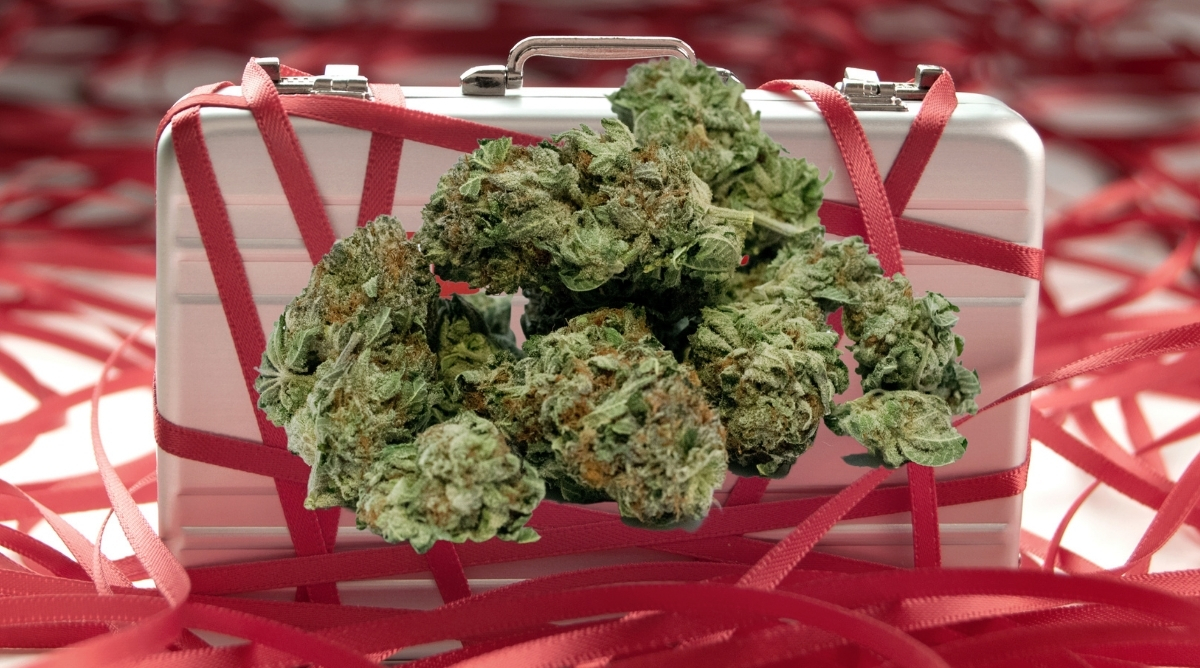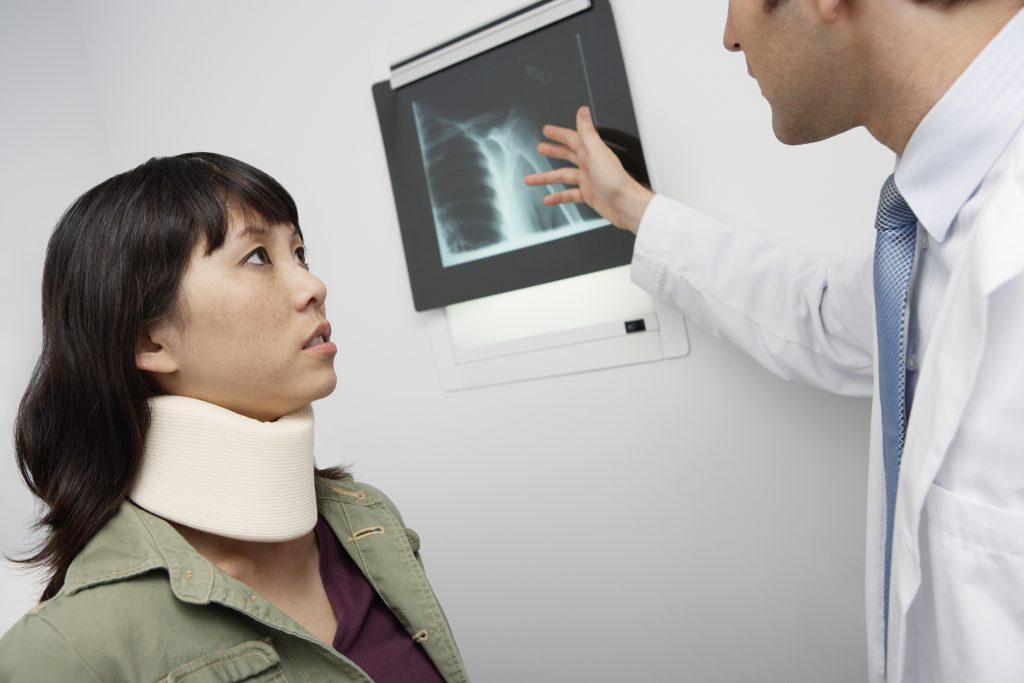
The best-selling cannabis product at medical or recreational cannabis dispensaries is whole flower. Raw bud is not only economical, but it has more of the beneficial terpenes and flavonoids intact. Florida smokable cannabis was long-awaited and fought for by patients and advocates.
A report was published by the Florida Board of Medicine and Board of Osteopathic Medicine. It showed that 95% of the 443,888 patients with medical cards in Florida bought smokable cannabis. At least one time, from October 1, 2019, to September 30, 200.
It wasn’t that long ago that Florida Gov. Ron DeSantis signed and amended the medical marijuana law to legalize smokable cannabis. Whole flower became legal to sell in medical dispensaries on March 18, 2019.
Just a short two years later, Florida lawmakers are turning up the heat on smokable cannabis. The new amendments to the medical marijuana laws about smokable weed are going to make it harder for patients to access it. And they are also going to create an administrative nightmare for physicians who refer patients to the medical cannabis program.

You know when someone introduces something they know is not going to be popular? Like making an announcement that the kitchen is closed, just when everyone is hankering for a snack? It is spoken in a low voice so that the message gets out, technically even if hardly anyone heard it.
That is kind of what is going on right now in Florida with the OMMU (Office of Medical Marijuana Use) guided by Gov. Ron DeSantis. They have amended the law. But they aren’t taking steps to educate physicians about the new changes. Nor have they explained those changes to patients who are taking steps to get a Florida medical card.
If you break the law because you weren’t informed about that law? You still broke the law. The onus is on the citizen to make sure they are aware. And in this case, also on physicians to closely follow changes to standards of practice.
But several media outlets have reported that most doctors have no idea about the procedural changes and the new waiver they are required to fill out with the patient. And it is creating a lot of apprehension and miscommunication at all levels, from patients, physicians, and dispensaries. To sell whole flower or not to sell? That is the question.
The new standardized waiver and procedures for physicians took effect on July 1, 2021. Even if very few practitioners or patients understand what has changed and how it will impact them.
After the new rule, any patient who applies for a new medical card in Florida will sign a special waiver. The waiver outlines some of the risks of smokable cannabis, including respiratory damage. And it also requires the patient to read a special information section about the dangers of mold and fungus in glass pipes.
Perhaps Florida lawmakers were concerned that people getting a medical card would not know the difference between resin deposits and harmful mold in their pipes? The mold and fungus can attach to natural deposits of resin in your bong or pipe. And it can contribute to respiratory affections or allergic reactions.
Truthfully, a dirty bong tastes gross. So, most people who choose whole flower and smokable cannabis are methodic about cleaning their glass. No one wants to get sick. Or have that disgusting taste you get from hitting a dirty bong.
It is a long amendment to the current procedure of a health evaluation. Followed by online patient registration and then annual evaluations. That is the process that other states are using successfully to provide care for patients.
Rule 64B15-14.0131 is titled: “Practice Standards for the Certification of Smoking Marijuana as a Route of Administration.” That is where you will find all the new steps that physicians will have to take to recommend smokable cannabis. And how frustrating it is going to be for patients to validate their preference for smokable medical marijuana.

The new regulations under the “Practice Standards for the Certification of Smoking Marijuana as a Route of Administration” in Florida are:
7. Periodic reviews: Records must remain current, maintained in an accessible manner, readily available for review, and must be in full compliance with Rule 64B15-15.004, F.A.C., Sections 381.986, 456.057, and 459.015(1)(o), F.S.
Source Web 2021: www.flrules.org

Before the amendment, there was no difference between smokable cannabis and other products they could use. This now means for patients that they will have a more comprehensive interview or health evaluation with the certified physician before they can get their medical card.
One of the more concerning changes is that physicians may need to drug test patients before they provide a letter of recommendation for medical marijuana. That means if patients test positive for other controlled substances or addictions like alcoholism, they could be denied a medical card.

Patients that are aged 18-20 years in Florida will now require the recommendation of two different physicians. The physicians must be from different practices as well. Both physicians must agree that the patient can benefit from therapeutic cannabis and that cannabis presents no apparent health risk for the young adult.
All patients will have to visit a physician in person. Now, telemedicine health evaluations are no longer permitted for the Florida medical marijuana program. They were prohibited as of June 27, 2021. And follow up visits with the same practitioner that referred the patient are now legally required. That increases the cost of medical appointments for each patient. And it may prove to be a substantial obstacle for patients with a fixed income.
Under the new rules for Florida smokable cannabis, every physician will be required to create a treatment plan for the patient they refer to the medical cannabis program. They will also be required to create follow-up appointments regularly and maintain records to prove the visits occurred. The appointments are now required every thirty (30) weeks.
Doctors are now accountable for the treatment goals of each patient they refer. As a treatment plan for the patient is created, certain wellness goals for symptom management are identified. Ifts those goals are not being met during the follow-up appointments, it can mean trouble for the patient and the physician. Both will have to defend the benefits of medical marijuana and the patient’s continued right to have a medical card if symptom management goals are unmet.
Physicians will be required to administer a new waiver form. The official waiver outlines the risks of smoking cannabis compared to other intake methods. And it also contains a section that informs about mold and fungus growth in paraphernalia and the importance of disinfecting pipes and bongs.
Between comprehensive and more frequent follow-up visits, drug-testing, secure data collection and reporting to OMMU, and more red tape? It’s not hard to imagine that fewer independent physicians in Florida will be interested in conducting medical marijuana health evaluations. Florida smokable cannabis just got a lot harder.
That will give patients fewer options and impact accessibility. The lengthier process will also make having a Florida medical card more expensive and time-consuming.
No Information on MarijuanaDoctors.Com should be used to diagnose, treat, prevent or cure any disease or condition. You can view our Full Disclaimer here.